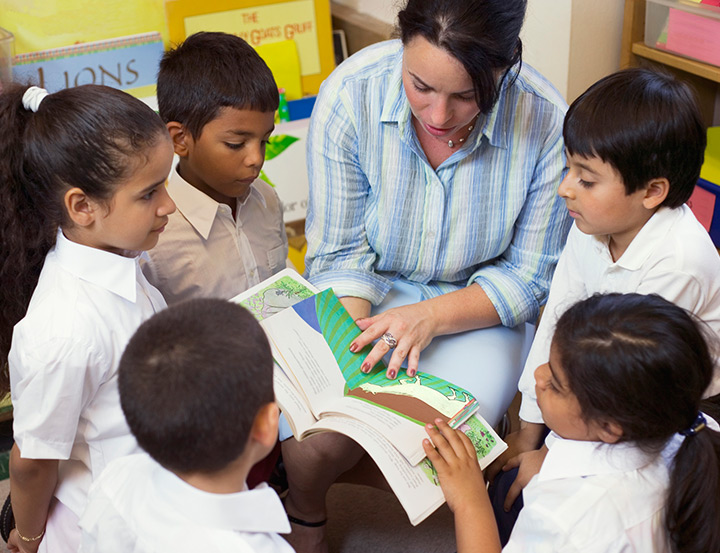Different schools cater to children with learning difficulties and learning disabilities in different ways. All students should be catered for appropriately but, unfortunately, this is not always the case. Although this results in parents sometimes looking at alternative schools for their child, not all parents are in a position to ‘choose’ the school their child attends. They may live in a regional or remote community or simply not be able to select a school that is out of their local area.
Ideally, students with learning disabilities should be in a school that has clearly articulated policies and practices in place, demonstrating the school’s commitment to supporting students with learning disabilities. Principals and teachers should be able to explain these policies and practices to parents and outline how they will be used to meet the specific needs of their child.
In some overseas countries there are schools that specifically cater for students with learning disabilities and others that are assessed as being ‘learning disability-friendly’. In Australia, there is no widely accepted model of ‘LD-friendly’ accreditation. There are, however, many schools that do create a very inclusive environment and could be described as learning-difficulty friendly.
These schools are essentially school communities that welcome, value and include all students, regardless of their level of ability or capacity to engage with the school curriculum.
These schools ensure that they have appropriate policies and practices in place that result in all students being able to participate on the same basis as their peers, and that enable all staff members to feel confident and well-prepared in their endeavours to successfully support students affected by learning disabilities.
A school could be considered learning-disability friendly if it aims to:
- Recognise the effect of learning disabilities on student achievement and wellbeing;
- Actively improve the support of students with learning disabilities within the school;
- Value the professional knowledge of teachers and support staff through a commitment to the provision of ongoing professional learning opportunities in the areas of learning disability and literacy;
- Develop policies and practices to ensure that students with learning disabilities receive high quality teaching and appropriate intervention and accommodation;
- Implement and ensure adherence to such policies;
- Recognise that, within the learning difficulty friendly school, everyone has a role. These roles must be resourced and supported appropriately.

In this section:
- Helping to improve the learning outcomes of all students
- Effective communication between home and school
- The rights of students with learning disabilities in the education system
- What to look for in the school setting
- Explaining a specific learning disorder diagnosis to your child
- Is a learning disability a gift?
